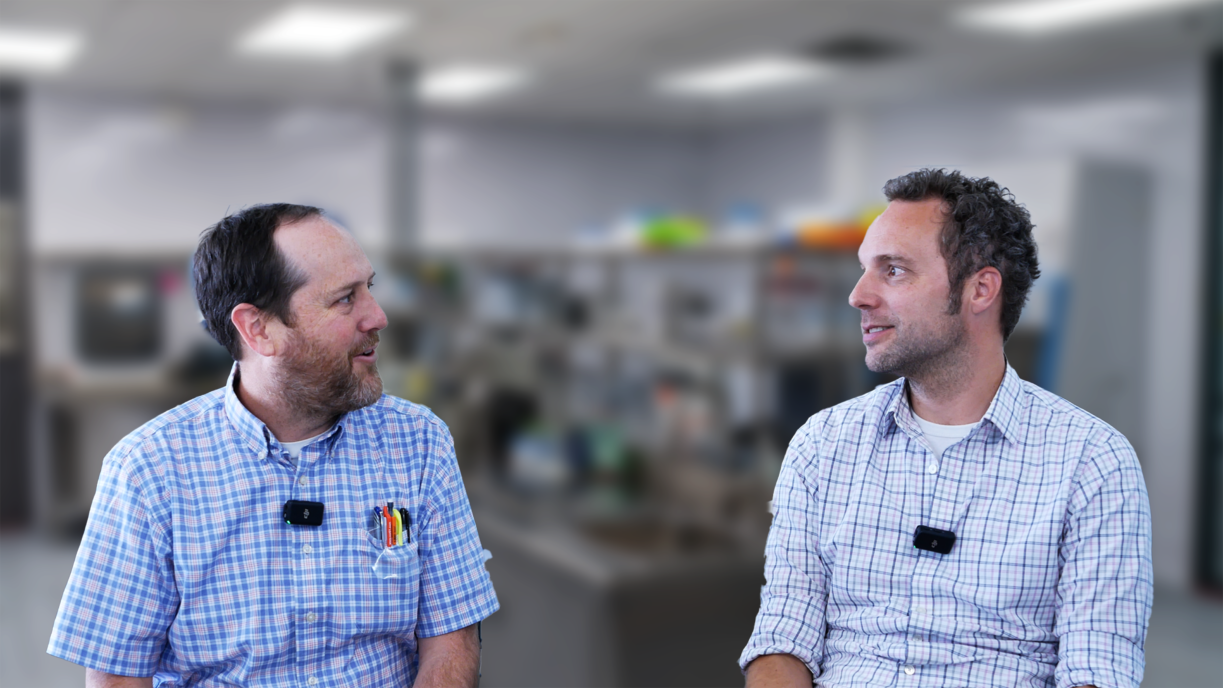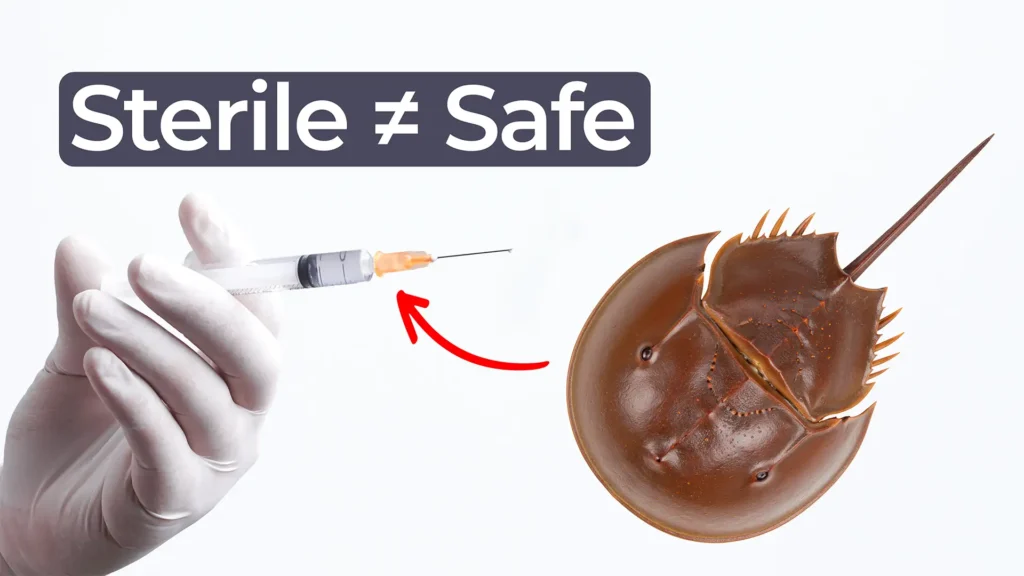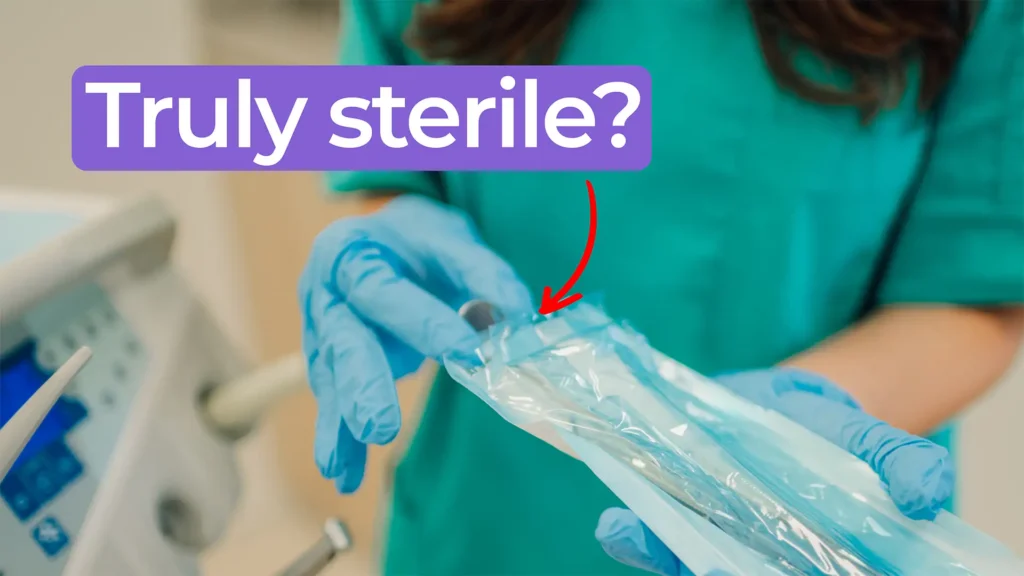
Bio Break: Pros and Cons of Platform Technologies in Medical Device Development
In this engaging episode of Bio Break, Nick and Joris dive into the complex world of platform technologies in product development, exploring the pros and cons of this widely discussed concept. From in-vitro diagnostics to point-of-care instruments, the term “platform” often sparks excitement—and sometimes hesitation. But what does it truly mean to build a platform-based product, and when does it make sense?
Nick opens the discussion by explaining why the word “platform” can be a trigger for product developers. While the idea of creating a flexible system with multiple applications is appealing, it often risks diluting the target product profile. He highlights the importance of focusing on specific customer needs and ensuring the product solves a defined problem effectively, rather than spreading resources thin across hypothetical use cases.
Joris counters with examples of successful platform technologies in the in-vitro diagnostics space. Systems that can handle various tests, from blood panels to infectious disease assays, have proven invaluable in centralized diagnostic labs. Their ability to save space and streamline workflows makes them indispensable. However, Joris also points out the market risks of trying to cater to diverse customer bases—such as health-conscious individuals versus clinical labs—within a single platform, which can dilute the product’s focus and usability.
The duo discusses the importance of considering market segmentation and customer needs during the design phase. For centralized labs, having a multi-functional platform is critical, but in point-of-care environments, simpler, targeted devices may be more practical. They wrap up by emphasizing the value of aligning product design with a well-defined target product profile.
If you’re curious about how platform technologies can transform medical device development—or when they might lead to pitfalls—this episode offers a balanced perspective packed with real-world insights.
Discover:
- How to align product design with market needs.
- The pros and cons of platform-based designs.
- Key differences between centralized diagnostics and point-of-care tools.
Pros and Cons of Platform Technologies in Medical Device Development
Related Resources


Nick and Nigel walk through how sterile disposables are processed and verified before they reach the field.

The sandwich ELISA assay is one of the most common ELISA formats used in diagnostics. Nick and Nigel walk through the method step by step using simple visuals and plain language.

Nick and Nigel walk through how indirect ELISA works, why it uses two antibodies instead of one, and when this approach makes the most sense in real diagnostic workflows.
